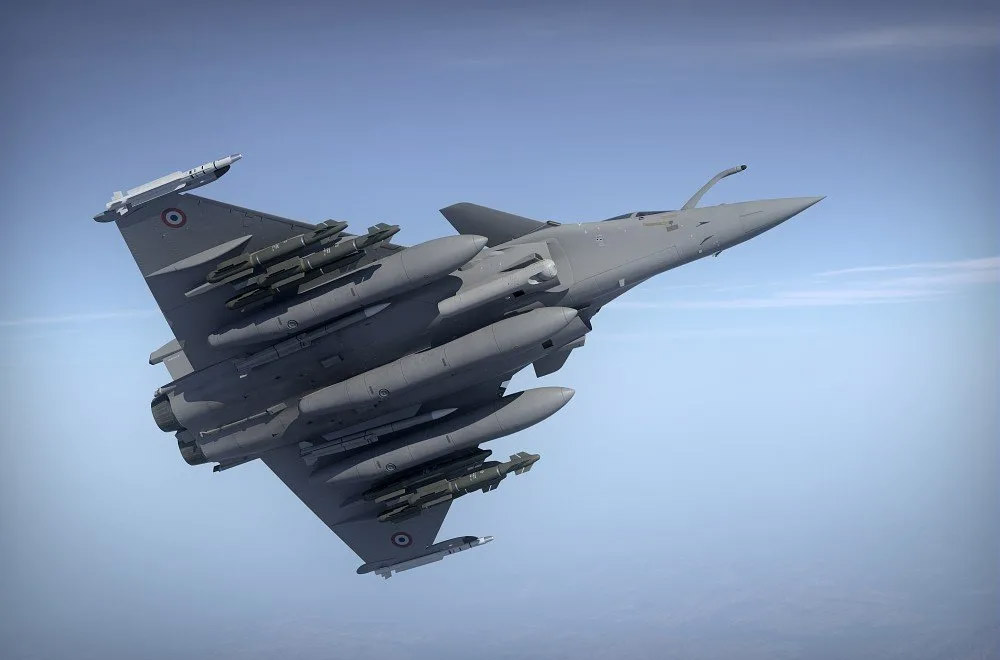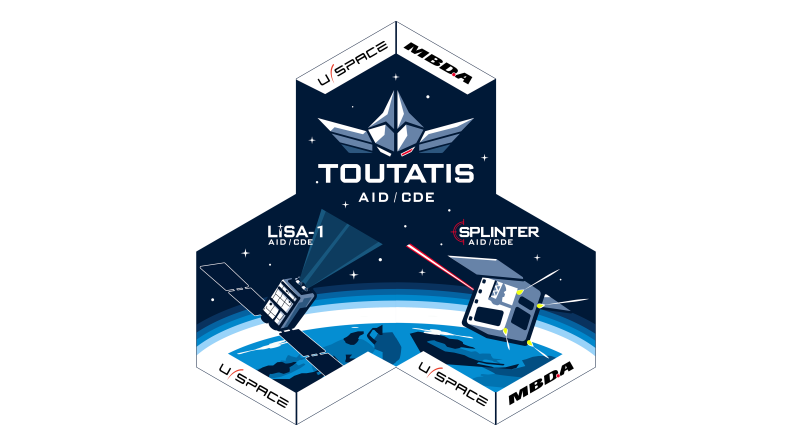ESDP has made progress operationally with several missions in new geographical areas (Indonesia, Palestine, Darfur). The European Union’s civil and military actions have increased in number, even if most of them are of limited scope. The process of reinforcing capabilities has started. A European Security and Defence College has been created.
The political dimension of ESDP
European Security and Defence Policy (ESDP) is progressing, slowly but surely, and appears unaffected by the occasional political hiccup. During the second half of 2005 it could have been derailed by any one of several events: the French ‘no’ in the constitutional referendum; the German elections, with the arrival in power of Angela Merkel, well known for her pro-American positions; or the United Kingdom’s six-month assumption of the presidency of the Union on 6 July 2005. It cannot be said that any of these factors had any real effect on the ESDP development process. On the contrary, operational activity covered by the ESDP extended to new areas, confirming the new European policy of positive engagement, and not just the issuing of declarations. In February 1992 the Maastricht Treaty created the instrument necessary for joint action; ESDP operations today show its effectiveness, and are transforming the EU into a real actor on the world stage.
On the European continent the Union is conducting operations in the Balkans, in Georgia, and also on the Moldova-Ukraine border, confirming its intention to act effectively in those countries of the former Soviet Union considered relevant to a neighbourhood policy. In the Middle East the Iraq operation is complemented by Palestine, where the Europeans (as the principal providers of aid) are trying to play a political role. In Africa the EU is present in the Darfur region of Sudan, and is continuing its operation in the Democratic Republic of Congo (DRC). Finally, the ESDP is represented in South-East Asia for the first time, with a mission in the Aceh region of Indonesia.
Even though operational activity is developing, the tasks actually completed in the ESDP context remain limited. In most cases the operations are either civil or civil-military, and the scenarios for intervention seem to be restricted to low-intensity operations. The European Union is still a civil power which is moving carefully in a military direction. The capability reinforcement process should lead it closer to military power, even if the current limits of the process leave some doubt as to the final form of ESDP.
Il reste 91 % de l'article à lire







